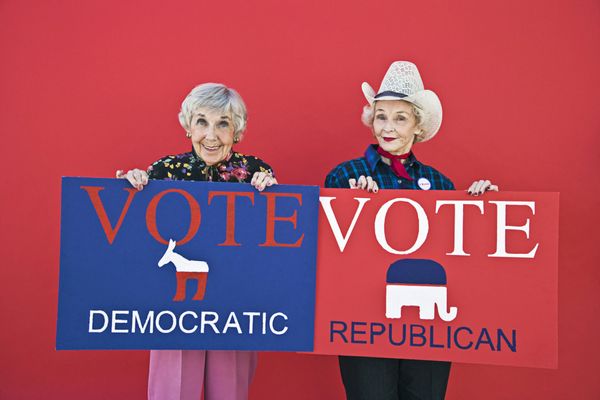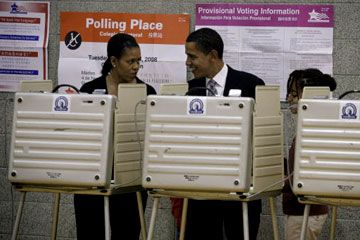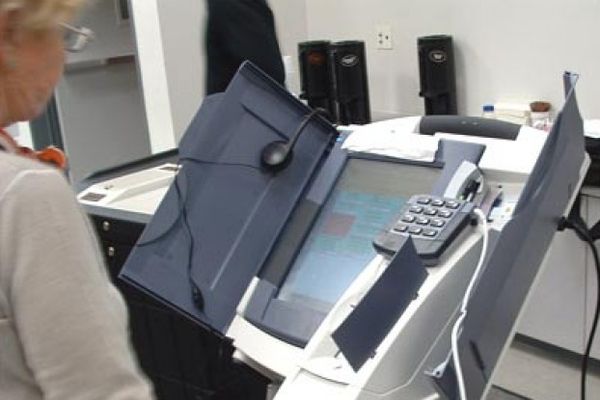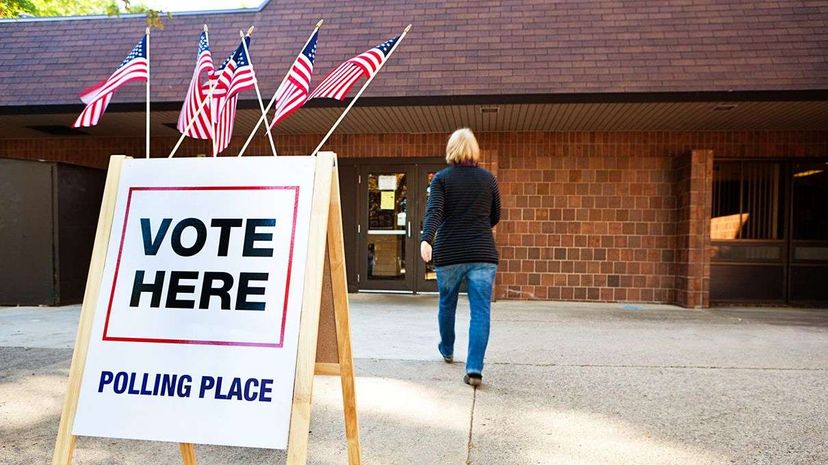
According to the Pew Research Center, "The elections of 2018, 2020 and 2022 were three of the highest-turnout U.S. elections of their respective types in decades." Both years saw the highest rate for any national election of its type (presidential versus midterm).
Still, the U.S. lags behind other developed countries in voter turnout. Although roughly two-thirds of Americans of voting age voted in the 2020 general election, the U.S. placed 31st in election turnout among 49 other nations, according to Pew.
Advertisement
What motivates people to either vote or abstain from doing so? Census data from 2021 looked at reasons why Americans who were registered didn't vote in the 2020 election. The biggest reasons were a lack of interest or dislike of the candidates, reported Axios. Together these accounted for 32 percent of respondents. A further 13 percent said they were too busy or had a scheduling conflict.
That's a far cry from a Pew Research Center survey of registered voters who didn't cast ballots in 2014. The single biggest reason people gave then for not voting? Scheduling conflicts with work or school. Nearly 35 percent of people said their schedule kept them from exercising their rights in 2014. Those conflicts were in large part because of an 1845 federal law, which designated a weekday — specifically, the first Tuesday after the first Monday of November — as Election Day.
"The 1845 law was written to take into account the needs of a primarily agrarian society," explained Norman J. Ornstein, a political scientist and author, when we talked to him in 2016. "There wasn't any Uber, or cars or trains. Farmers had to get their products to market in wagons, which usually required a day of travel. And they needed to be home for the Sabbath, so they needed to have a day that fell between those. And people settled their accounts in those days on the first day of the month, so they couldn't vote then."
Given those constraints, the first Tuesday that falls after the first Monday in November seemed like the best choice. People often had to travel a day's journey to get to a polling place, so a two-day window was needed between Sunday and market day (Wednesday). November was chosen because it was after the harvest was complete but before winter set in.
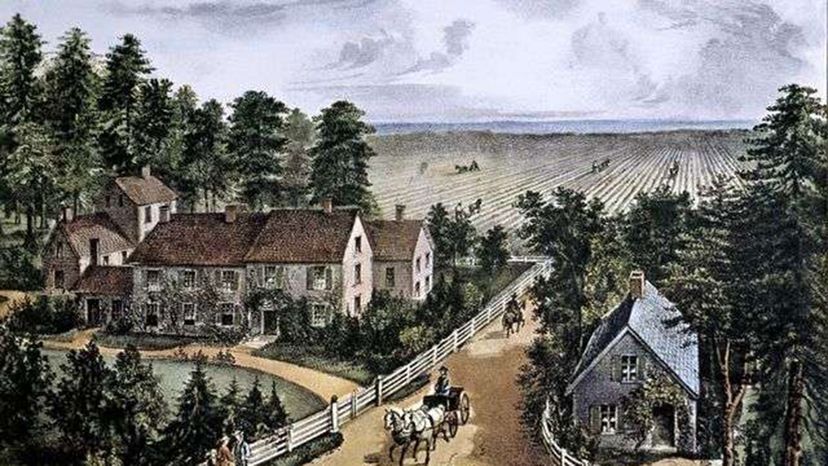
Before the law was passed in 1845, states could hold elections any time within a 34-day window that ended in early December. But since results in states that held elections early could have an effect on voting in states with later dates, Congress created a national Election Day.
For many years, some people have been pushing to change the date of Election Day. Ornstein, a senior fellow emeritus at the American Enterprise Institute, co-founded an organization called Why Tuesday, which advocates changing voting law and holding elections at a time that's better suited for modern-day Americans. Ideally, they'd like to see Election Day held on a weekend, though making it a federal holiday during the week would be a fallback option.
Although Election Day is unlikely to change for now, 46 states have adopted some kind of early voting, up from 38 states in 2020. The early voting periods may be as short as three days before Election Day or as long as 46 days and can include weekends. The average number of early in-person voting days is 23, according to the National Conference of State Legislatures.
In 2022, just four states — Alabama, Connecticut, Mississippi and New Hampshire — did not offer early voting, though they may have had an option for getting an absentee ballot in advance. Early voting has lessened the pressure on voters' needs to get to the polls for that special Tuesday in November and has helped to increase participation — at least for those who are motivated to vote.
Advertisement
